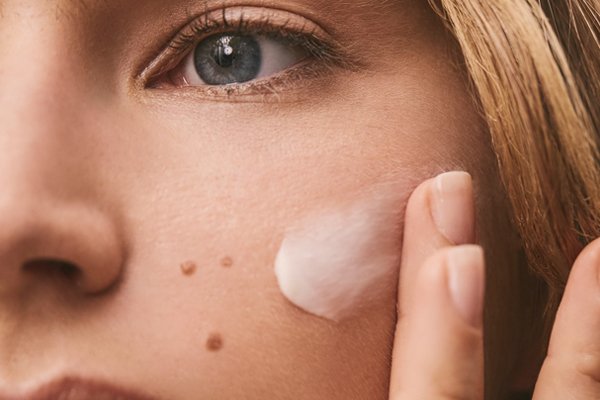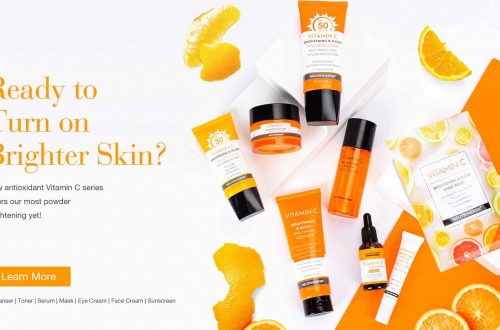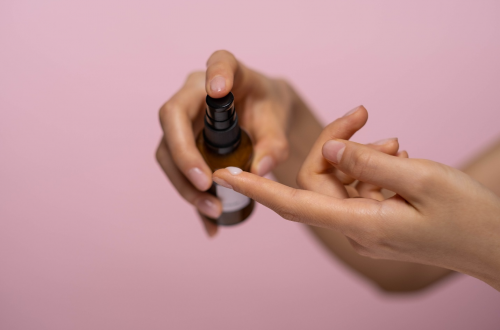
The skin barrier – what is it? Is it intact? How can I fix it?
Does your skin feel dry, tight and irritated? This is often because the protective barrier of your skin is damaged. A rich cream relieves you but usually does not solve the fundamental problem.
What is the skin barrier?
The barrier is the outermost layer of the skin that provides protection, retains moisture and protects you from external irritants such as bacteria and environmental influences. Imagine a bodyguard keeping the good in and the bad out. The barrier consists of lipids (oils, mainly ceramides) and acids, which bind your skin cells together and form a barrier against bacteria due to their acidic PH value. If the wall is intact, your skin feels soft and smooth. An example of a perfectly intact moisture barrier is baby skin: plump, smooth, radiant and soft.
What happens when a moisture barrier is broken?
If it is damaged, tiny, invisible cracks appear in the skin. These cracks allow moisture to escape quickly and irritants to penetrate more easily. Your skin has lost its protective bodyguard and can appear tight, dry and sensitive.
Is my skin barrier damaged?
With around 40 years of experience, we can identify many symptoms that can be directly attributed to a damaged Skincare barrier: These include:
- redness
- scaliness
- dryness (due to lack of oil)
- dehydration (from lack of water)
- Tension (dehydration from lack of water)
- The skin feels sensitive and is easily irritated
- itching
- Rough skin to the touch
- Stinging or burning when applying products
- fine lines
- Skin rashes such as eczema (neurodermatitis)
- More blemishes
If your skin has one or more of these symptoms, it may be a sign that your skin barrier has been compromised and is in dire need of repair.
What can cause the skin barrier to become damaged?
- Drying, aggressive cleaning products (soap and high-foaming gel cleansers)
- Excessive peeling
- Topical (applied to the skin) prescription acne medications
- Alcohol-based toners
- Daily use of acidic ingredients such as ascorbic acid and L-ascorbic acid (vitamin C)
- Prescription Retinoids
- Washing with too-hot water
- Using microfiber cloths (sucks out all oils)
- drink alcohol
- Smoking
- Dry climate (low humidity and lack of moisture in the air, e.g. in winter)
- Long plane flights (usually more than 5 hours)
- Chemical peels (if done too often)
- air conditioners
- Home care devices like a microneedle derma roller
- skipping cream
- Allergic reactions to skin care products
- Genetics (Some skin types naturally tend to have a weaker barrier)
Have I done permanent damage? Can I fix it
If you’ve overdone with too many exfoliating products for a short period, you haven’t done any permanent damage, and the problem can be easily fixed. For those who have used harsh products for years and exfoliated too often (daily), there is likely to be some damage done. But: it’s never too late to bring your skin back from issues like Acne to a healthy state.





